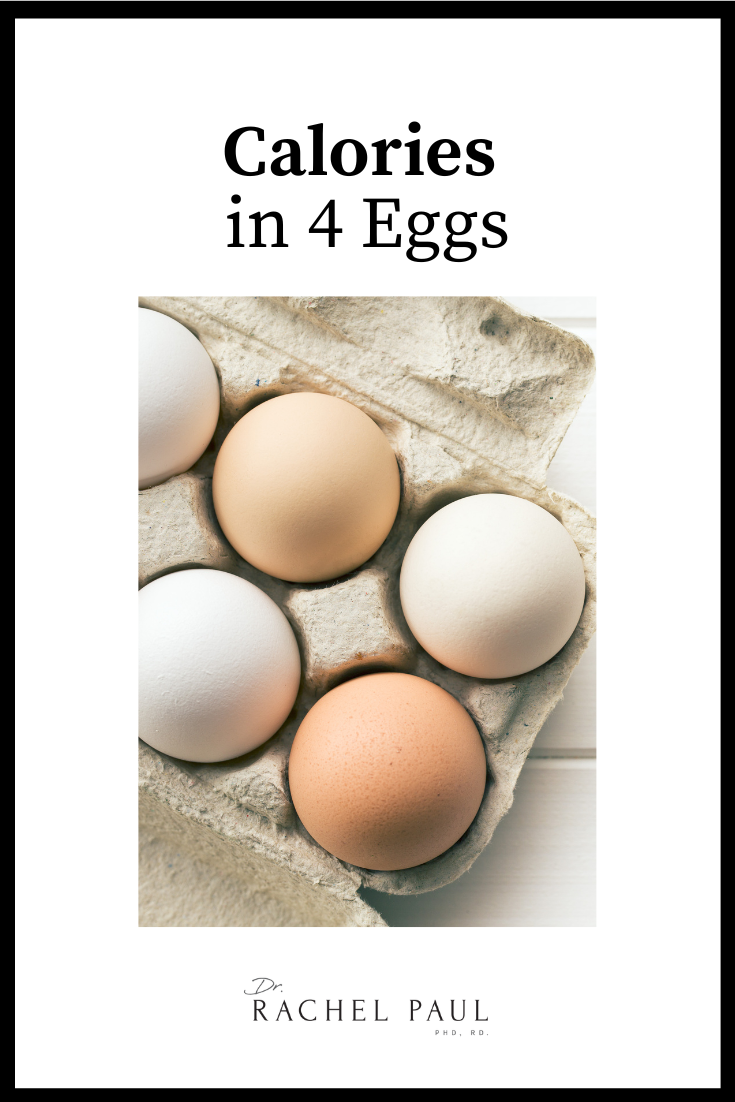
Apply Now


Essential Guide to Optimizing Your Peanut Butter Diet in 2025
Peanut butter has captivated health enthusiasts and food lovers alike. Its delicious taste combined with its impressive nutritional profile makes it a versatile option for numerous diets. Whether you prefer it creamy or crunchy, incorporating peanut butter into your daily meals can significantly enhance your nutrition. This article will explore the health benefits of peanut butter, suggest creative peanut butter recipes, and highlight effective strategies for optimizing your peanut butter diet in 2025. By understanding the protein content in peanut butter and its contribution to weight management, we can make more informed choices that fit our dietary needs. Moreover, we'll delve into peanut butter snack ideas that not only taste delightful but also support a balanced diet. Here’s a roadmap of what to expect in this article: - The Nutritional Power of Peanut Butter - Benefits of Peanut Butter for Weight Loss - Delicious Peanut Butter Recipes - Smart Ways to Incorporate Peanut Butter into Your Meals - Common Peanut Butter Myths and Misconceptions Let's start by uncovering the unique nutritional advantages that peanut butter offers.The Nutritional Power of Peanut Butter
Peanut butter is often celebrated for its nutritious profile. Notably, it is rich in healthy fats, protein, and numerous vitamins and minerals. A typical serving of peanut butter contains approximately 15-20 grams of fat, while its protein content ranges between 7-8 grams. This combination makes peanut butter an excellent option for those looking to enhance their protein intake conveniently. Furthermore, peanut butter is packed with essential nutrients like vitamin E, magnesium, and folate, contributing positively to overall health. The healthy fats in peanut butter not only provide energy but also promote heart health when consumed in moderation. However, calorie consciousness is crucial since peanut butter is calorie-dense, containing around 190-210 calories per two-tablespoon serving. Therefore, understanding portion sizes is key to optimizing its benefits without excessive calorie intake. With this knowledge, let's explore how these nutritional benefits can support your weight loss efforts.Health Benefits of Peanut Butter
Peanut butter has demonstrated several health benefits that go beyond just being a tasty spread. Here's a closer look at some of these advantages: 1. **Heart Health:** Consuming peanuts and peanut butter is associated with a lower risk of heart disease. The monounsaturated fats in peanuts can improve cholesterol levels and promote heart health. 2. **Weight Management:** The protein and healthy fats found in peanut butter can enhance satiety, leading to fewer cravings and reduced overall caloric intake. Incorporating peanut butter into meals and snacks can support weight loss efforts. 3. **Nutrient-Dense Snack Option:** Rather than reaching for empty-calorie snacks, consider peanut butter for healthy snacking. It provides essential nutrients while keeping you full and satisfied. With a focus on these health benefits, it's essential to consider practical applications of peanut butter in daily meals which we will explore in the following sections.Benefits of Peanut Butter for Weight Loss
When it comes to weight loss strategies, peanut butter can be a powerful ally. Incorporating this nut butter into your diet can lead to better weight management due to its nutrient composition.Enhancing Satiety with Peanut Butter
Peanut butter is particularly effective for enhancing satiety. Its combination of protein and healthy fats helps stabilize blood sugar levels, preventing spikes and crashes that often lead to cravings. Eating peanut butter as part of a balanced meal can keep hunger at bay for longer periods. Moreover, adding peanut butter to snacks or meals can help you feel full. Whether it's through a peanut butter smoothie in the morning or a quick peanut butter on toast for lunch, it serves as a solid foundation for sustained energy.Smart Snacking with Peanut Butter
Looking for quick and satisfying snacks? Peanut butter fits perfectly into weigh management plans. Try pairing peanut butter with apple slices or whole-grain crackers for a healthy snack that satisfies cravings and provides essential nutrients. Moreover, consider creating homemade peanut butter granola bars for a nutritious grab-and-go option. This empowers you to control ingredients while enjoying peanut butter's benefits. As we transition into exploring delectable peanut butter recipes, it's essential to highlight a common misconception: the idea that peanut butter is a high-calorie villain in weight loss.Delicious Peanut Butter Recipes
Incorporating peanut butter into your meals doesn't have to be boring. There are numerous recipes that highlight its versatility and nutrition. Here are a few to consider.Peanut Butter Breakfast Ideas
Starting your day with peanut butter can be both nutritious and delicious. Here are a couple of breakfast ideas: 1. **Peanut Butter Oatmeal:** Combine rolled oats with milk and a spoonful of peanut butter. Adding banana slices will enhance both taste and nutrition. 2. **Smoothie Bowl:** Blend together Greek yogurt, peanut butter, and your choice of fruits for a satisfying smoothie bowl topped with nuts and seeds for extra crunch. Such breakfast options can kick-start your metabolism and give you lasting energy throughout the day.Peanut Butter and Jelly Sandwich Alternatives
If you're looking for a twist on the classic peanut butter and jelly sandwich, try using whole grain wraps or adding sliced strawberries and spinach for added nutrients. This balance creates something fresh while retaining that beloved peanut butter taste. Also, consider topping rice cakes with peanut butter and a drizzle of honey for a sweet and satisfying alternative. As we dive deeper into using peanut butter in creative recipes, let's explore how to recreate low-carb snacks that are still rich in flavor.Smart Ways to Incorporate Peanut Butter into Your Meals
Integrating peanut butter into different meal types can enhance nutritional value while keeping meals exciting and varied.Making Peanut Butter Snacks for Kids
Kids enjoy snacks that are not just healthy but also fun. Introduce peanut butter into their diets through treats like peanut butter energy balls, which can be made using peanut butter, oats, honey, and chocolate chips. These snacks not only taste fantastic but also ensure your children get the benefits of peanut butter without feeling like they are eating something healthy.Peanut Butter in Protein Shakes
Many fitness enthusiasts understand the power of protein shakes, and peanut butter can play a significant role here. Adding a tablespoon of peanut butter to your protein shake not only increases the protein content but adds flavor and creaminess. For a quick recipe, blend together a scoop of protein powder, a banana, a tablespoon of peanut butter, and almond milk for a delicious post-workout recovery shake. With a clearer picture of how to include peanut butter in meals, let’s address some myths that surround this popular nut butter.Common Peanut Butter Myths and Misconceptions
Despite its popularity, several myths about peanut butter can hinder its consumption. Let’s debunk some of these misconceptions.Creamy vs Crunchy Peanut Butter: Which is Better?
The debate between creamy and crunchy peanut butter often comes down to personal preference. Nutritionally, both options provide similar benefits. However, the texture may impact one's satiety levels, as the crunchy variety might add more satisfaction for some individuals. Choosing between them is less about which is superior and more about finding what fits best into your diet.Is Peanut Butter Fattening?
While peanut butter is calorie-dense, when consumed in moderation, it can be part of a healthy diet. Understanding portion control is vital to integrating it successfully without excess calories. In the next section, we'll conclude with key takeaways on incorporating peanut butter healthily into meals as part of a balanced diet.Key Takeaways for Optimizing Peanut Butter in Your Diet
In summary, the benefits of including peanut butter in your diet are substantial – from promoting heart health to aiding in weight management. When used wisely, peanut butter can provide satisfying nutrition through its protein, healthy fats, and essential nutrients. By exploring various recipes and meal ideas, you can create exciting dishes while harnessing the numerous health benefits it offers. Remember to practice portion control and choose natural peanut butter for minimal additives. Hoping to leave a positive impression on your culinary journey, using peanut butter wisely in your diet can enhance not only your nutrition but also fuel your culinary creativity.
